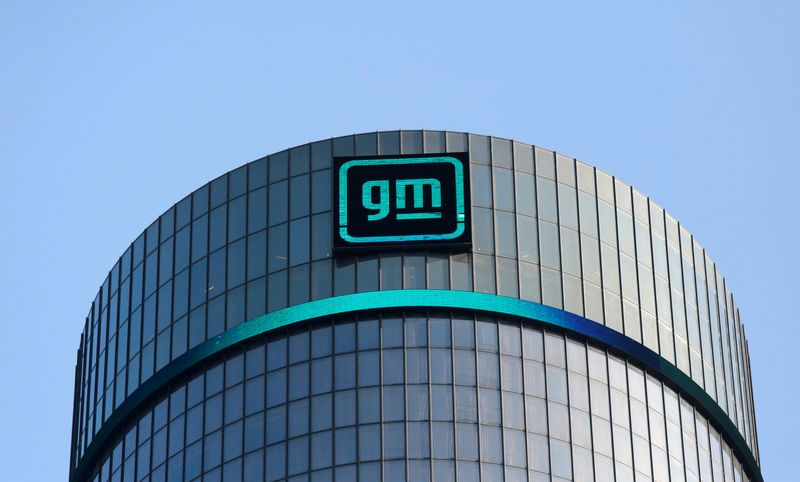On Monday, General Motors (NYSE:GM) announced its intention to invest $632 million in its Fort Wayne, Indiana, assembly facility. This investment aims to upgrade the plant for future full-size light-duty trucks powered by internal combustion engines.
The allocated investment will be utilized to enhance the plant’s manufacturing capabilities, which currently produces GM’s Chevrolet Silverado 1500 and GMC Sierra 1500 trucks. The funds will be dedicated to acquiring new conveyors, tooling, and necessary equipment.
GM has revealed over $2.3 billion comprehensive investment plan, spanning multiple announcements since last week. The objective is to retool existing North American auto plants, enabling the production of advanced, more efficient next-generation internal-combustion full-size trucks and SUVs. Furthermore, GM has hinted at an upcoming investment announcement later this week.
The largest U.S. automaker continues to make big investments in gas-powered vehicles even as it vows to stop building them in 2035.
Last week, GM said it was investing more than $500 million in its Arlington, Texas, assembly plant to prepare it for production of internal combustion engine full-size SUVs.
GM faces increasingly stringent emissions requirements from California and the Environmental Protection Agency (EPA).
GM announced last week that it intends to invest over $1 billion in re-tooling two manufacturing sites in Flint, Michigan. This investment aims to prepare the facilities to produce a new generation of heavy-duty trucks.
The Texas announcement highlights the company’s commitment to continue “providing customers with a strong portfolio of (internal combustion) vehicles for years to come,” GM said last week.
On Tuesday, GM said it would invest C$280 million ($210 million) in its Canadian Oshawa Assembly to produce the next-generation internal combustion engine full-size trucks.
GM paid $128.2 million in fines for failing to meet Corporate Average Fuel Economy (CAFE) program requirements for 2016 and 2017, records recently show.
In April, The EPA proposed a 56% reduction in projected fleet average emissions over 2026 requirements.




 By:
By:





